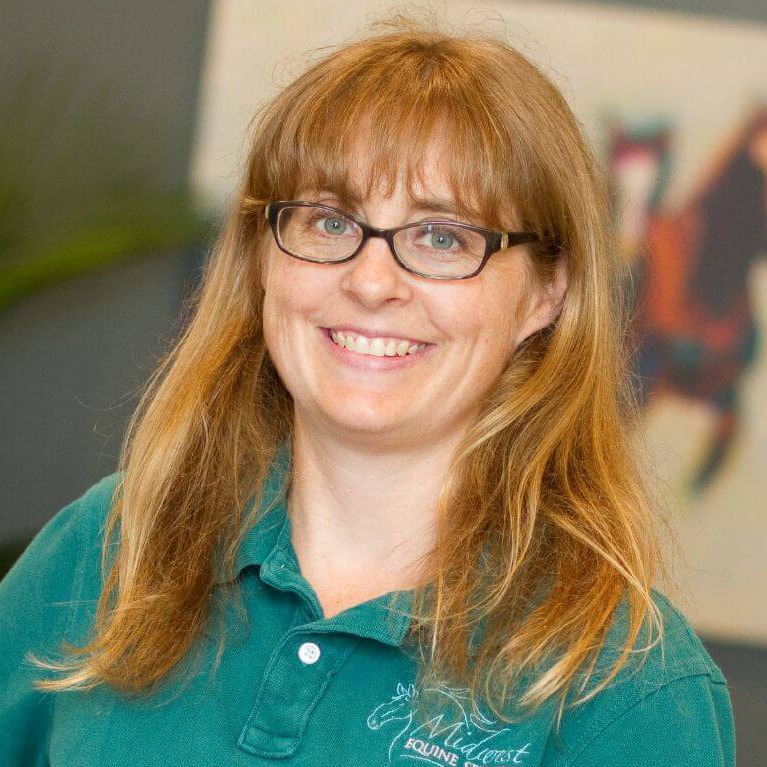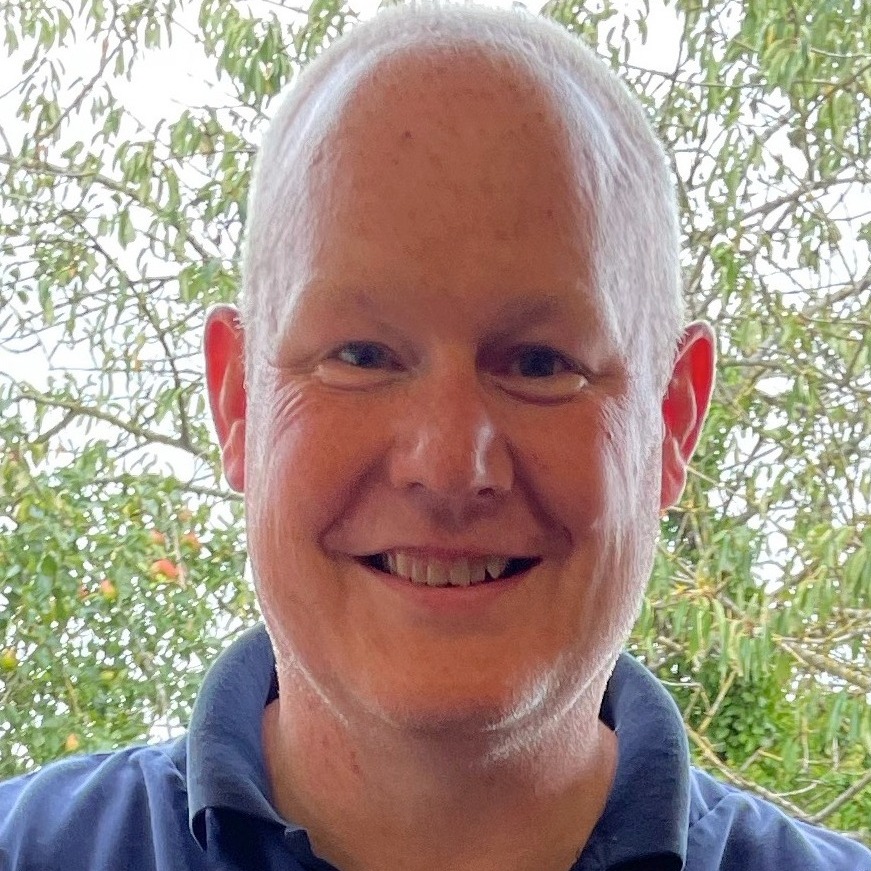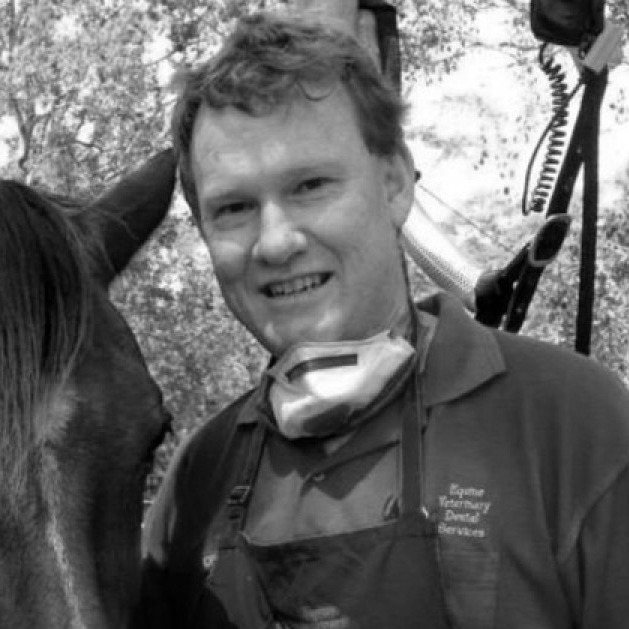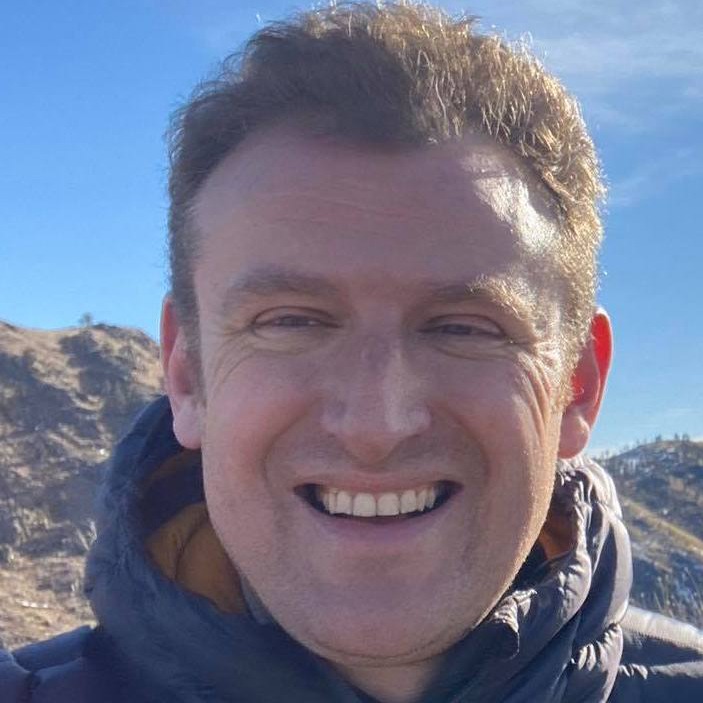Equine Diastema - Best Treatment Option?
Species
Equine
Contact Hours
3 Hours
Early Booking Deadline
Thu, 01 January, 1970
Registration Deadline
Thu, 01 January, 1970
Language
English
Discipline
Dentistry
Surgery
Industry Partners
Global

Veterinary Partners
Global


Recorded on: 10th November 2020
Panelists:
Neil Townsend MSc, BVSc, CertES(Soft Tissue), DECVS, DEVDC(Eq), MRCVS – Three Counties Equine Hospital, UK
Molly Rice DVM, DAVDC(Eq) – Midwest Veterinary Dental Services, USA
Oliver Liyou BVSC (HONS1), MANZCVSC (EQ DENT) – Equine Veterinary & Dental Services, Australia
Moderator:
Rob Pascoe BVSc, BAEDT, DAVDC(Eq), MRCVS – Equine Dentistry Referrals, UK
CONTENT DESCRIPTION
Diastema treatment splits opinions amongst equine practitioners with some advocating flushing & packing of the interdental space and periodontal pockets and others in favour of diastema widening to prevent food from getting trapped. Then, there is of course the view that tooth extraction should be used in certain cases... The distinguished panel of international equine dentistry specialists will debate available treatment options and share their views, opinions and tips & tricks that they found helpful.
DIAGNOSTICS & DECISION MAKING
- What is the ‘gold standard’ in working up horses with diastemata? What diagnostic limitations need to be considered?
- What depths of periodontal pockets associated with diastemata make burring or widening a futile endeavor? What parameters should be considered here?
- Should we packing diastemata when we can’t be sure that they are clean?
TREATMENTS
- Does burr positioning at a right angle to the teeth during burring, as shown in some papers, increase the risk of pulp exposure?
- How essential is water cooling when burring diastemata? If one doesn’t have water cooling whilst burring, at what time intervals should one stop and flush to cool the teeth.
- Is partial diastema widening (occlusal relief cutting) an under-utilized treatment for diastemata?
- Is tooth extraction an underused method of diastema treatment?
LONGTERM OUTCOME
- What medium-to-long-term bone regeneration/remodeling capacity can one expect in young horses with periodontitis?
- How do the different therapeutic techniques compare in respect to functionality, long-term resolution and recurrence?
Dr. Molly Rice, Board Certified Equine Veterinary Dentist™, grew up in the Madison area and graduated from University of Wisconsin-Madison Veterinary School in 2003.
Following graduation, she completed an internship with Wisconsin Equine Clinic in Oconomowoc, Wisconsin. During that time, she developed a strong interest in dentistry and reproduction. After her internship, she joined a private practice in the Madison area where she practiced general equine medicine for six years and worked toward advancing her skills in dentistry.
After spending time training with Dr. Henry, she was thrilled to join his dental team in 2009. She has really enjoyed being part of a dental-based practice. In addition to her clinical work, she has enjoyed educating other veterinarians, veterinary students, and clients at continuing education events and meetings.
In the fall of 2015, Dr. Rice became an Advanced Standing candidate for the American Veterinary Dental College and started her training for board certification in equine dentistry. She passed her board exam and officially became a diplomate of the Equine American Veterinary Dental College in June of 2018.
Dr. Rice and her husband Dave share their household with two cats and two dogs. In her spare time, she enjoys trail riding, camping, fishing and hiking.
Neil qualified from Bristol University in 2004 and after a brief period in mixed practice embarked on an equine only career starting with an Equine internship at Liverpool University and surgical residency at the University of Edinburgh. He re-joined Liverpool University in 2010 as a surgery clinician, setting up an advanced dentistry service including standing CT. During this time, he gained European Diplomas in both Equine Surgery and Veterinary Dentistry (Equine). He is a Trustee of BEVA and became a Fellow of the RCVS in 2023.
He joined private practice in 2015 where he provided both an in-house and peripatetic advanced dentistry and surgery service. He set up his own peripatetic advanced dentistry and surgery consultancy service in May 2023. He is interested in all aspects of equine surgery and advanced dentistry and lectures nationally and internationally on these subjects.
Dr Oliver graduated from Uni of Qld in 1993 and is the principle veterinarian and business owner of EVDS which he founded in 2002.
Having grown up around horses, Dr Liyou has a passion for helping owners to help their horses and enjoys all equine vet work – despite focussing on dentistry. Since 2002, Oliver has co-ordinated and hosted equine dentistry training workshops for equine vets from all over the world.
He has authored several scientific papers and lectured on equine dentistry in most states of Australia, at AVA, AEVA and Aust College Science Week Functions, to vets in China, along with writing many articles for horse magazines to raise awareness of welfare in horses
Oliver has co-designed many equine dental instruments including the Porta-Safe-Stock trailer, which has been supplied to vets in all states of Australia. He developed his own brand of dental instruments and launched the EVDS webstore in 2005 to service the need for quality equine vet dentistry tools in Australia and New Zealand.
Oliver loves his work but also loves spending time with family and friends, watching rugby league, playing with his horses, boating and most things outdoors and fun.
Rob qualified from the University of Bristol in 1999 and started in mixed practice in North Devon immediately afterwards. During the next two years he became very interested in equine dentistry and moved back to the University of Bristol to join their equine practice to further hone his skills. There he worked with recognised experts in equine dental disease. He also attended courses run by the British Equine Veterinary Association (BEVA) and has since become a tutor on all the BEVA dentistry courses. Rob has also travelled widely to lecture on equine dentistry, with regular visits to the USA.
In October 2003, he sat the British Equine Veterinary and British Veterinary Dental Associations’ exam in equine dentistry and became only the second veterinary surgeon in the UK to successfully pass and achieve BEVA/BVDA approved status. In 2004, he became an examiner for the BEVA/BVDA equine dentistry exam and was appointed as the chairman of the examination committee from 2005 to 2008. Rob joined Bell Equine Clinic in 2006, bringing both first opinion and referral dentistry services to the practice. He now runs Equine Dentistry Referrals Ltd in the UK.
Veterinary Student
Online Panel Discussion
USD 35.00
Qualified Vet
Online Panel Discussion
USD 85.00
Intern/Resident (Requires proof of status)
Online Panel Discussion
USD 65.00
Vet Nurse/Vet Tech (Requires proof of status)
Online Panel Discussion
USD 65.00
If the options you are looking for are unavailable, please contact us.
No tax will be added unless you are a UK taxpayer
Choose currency at checkout


















